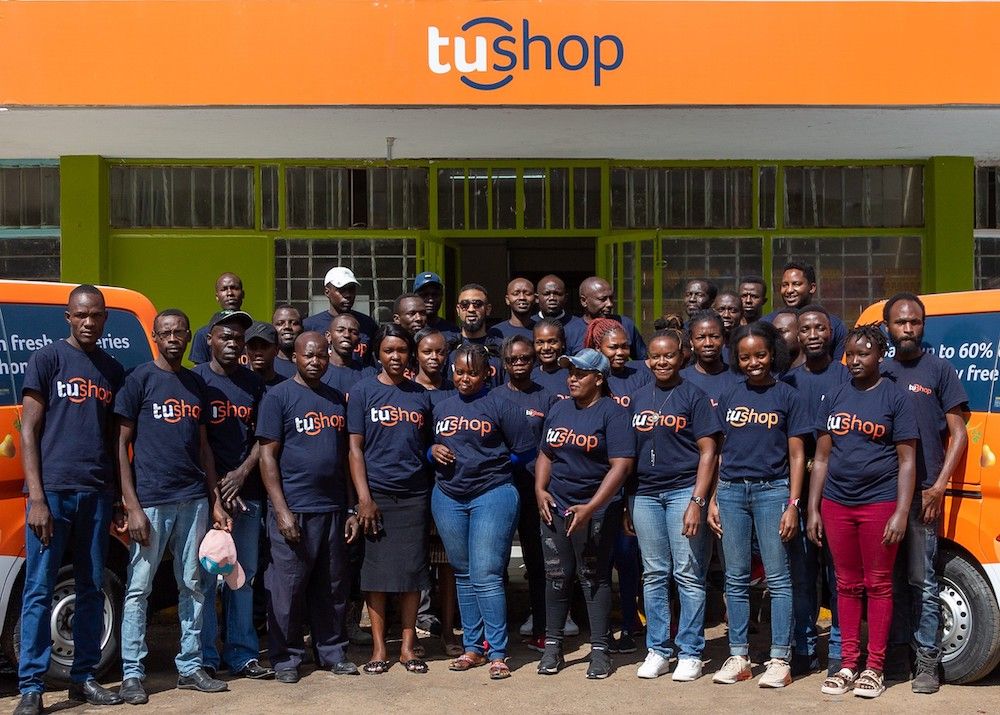Tushop, a female-founded digital platform that aggregates Kenyan consumers into groups to buy groceries more cheaply, has secured $3 million in pre-seed funding.
The investment was led by early-stage investment firm 4DX Ventures. Other investors participating in this round include JAM Fund, Breyer Capital, Chandaria Capital, TO Ventures, Golden Palm Investments, the female-led and female-focused FirstCheck Africa, and DFS Lab.
B2B retail platform Wasoko, which secured its own $125 million Series B round of funding in March earlier this year, also participated.
Several prominent angel investors in the region invested too including Flutterwave co-founder Olugbenga “GB” Agboola, Eli Pollak, the co-founder of recently-funded Apollo Agriculture, Ida Mannoh, the director of growth at Chipper Cash, and Raja Kaul, group president of Sundial Group.
Despite being founded last year, Tushop secured pre-seed funding from a diverse pool of investors, highlighting growing investor interest in e-commerce startups across Africa. In Kenya alone, Marketforce and Cartnshop also raised funding this year.
Tushop will use the funding to expand further in Nairobi — ahead of expansion to other regions, enhance its technology stack and grow the team.
How it works
Cathy Chepkemboi founded Tushop to help customers access groceries cheaply and conveniently. Chepkemboi previously worked as a shopping marketing analyst for the consumer foods giant Unilever. With Tushop, she wants to reduce Africans’ spending on groceries to a maximum of 10% of their income, compared to the estimated 46% that they spend on food.
By creating a B2C community group-buying platform, Tushop customers can purchase groceries in groups, thereby increasing their order volumes and negotiating lower, wholesale purchase prices from their suppliers.
Group buying like this is unique in Kenya where other online grocery logistics services are primarily B2B or don’t enable aggregated purchases.
The big picture
Commerce in Africa is still largely informal. That is changing, however, with the penetration of the internet and mobile phones accelerating e-commerce across the continent. Africa’s e-commerce market could be worth $75 million by 2025, according to the Economist Intelligence Unit.
Kenya is one of Africa’s leaders in e-commerce, along with South Africa and Nigeria. With the center of gravity for Africa’s food systems shifting to urban areas, eGrocery platforms like Tushop will be increasingly relevant.
By the numbers
Year founded: 2021
Number of employees: 13 according to LinkedIn
Competitive landscape
Africa has seen a rise in the number of food e-commerce and eGrocery startups over the years, some of which have successfully raised funding this year. They include Cartnshop, MarketForce, Bumpa, Wasoko, ProXalys and TradeDepot. Unlike Tushop, most are B2B-focused.





